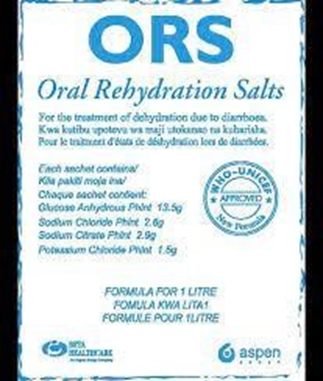A nurse is caring for a child who has impetigo contagiosa that developed in the hospital.
Which of the following actions should the nurse take?
Administer amphotericin B IV.
Apply lidocaine ointment topically.
Initiate contact isolation precautions.
Report the disease to the state health department.
Report the disease to the state health department.
The Correct Answer is C
A. Administering amphotericin B IV is not indicated for impetigo contagiosa, which is typically treated with topical antibiotics.
B. Applying lidocaine ointment topically is not indicated for impetigo contagiosa and would not address the infection.
C. Initiating contact isolation precautions is appropriate for impetigo contagiosa to prevent the spread of the infection to other patients and healthcare workers.
D. Reporting the disease to the state health department may be necessary for certain communicable diseases but is not the immediate action required in this scenario.
Nursing Test Bank
Naxlex Comprehensive Predictor Exams
Related Questions
Correct Answer is A
Explanation
A) Oral electrolyte solution helps prevent dehydration and replaces lost electrolytes in infants with acute diarrhea, making it the most appropriate choice.
B) Applesauce may worsen diarrhea due to its high sugar content.
C) White grape juice is also high in sugar and may worsen diarrhea.
D) Chicken soup is not recommended as it may be too heavy and rich for an infant with acute diarrhea.

Correct Answer is A
Explanation
A) Tachypnea is a sign of respiratory distress and may indicate hypoxia, dehydration, or increased work of breathing. The nurse should report this finding to the provider and monitor the infant's oxygen saturation, heart rate, and respiratory rate.
B) Coughing is a common symptom of RSV and may not require immediate reporting unless severe.
C) Rhinorrhea (runny nose) is a common symptom of RSV and may not require immediate reporting unless severe.
D) Pharyngitis (sore throat) is a common symptom of RSV but is not as urgent as tachypnea.
Whether you are a student looking to ace your exams or a practicing nurse seeking to enhance your expertise , our nursing education contents will empower you with the confidence and competence to make a difference in the lives of patients and become a respected leader in the healthcare field.
Visit Naxlex, invest in your future and unlock endless possibilities with our unparalleled nursing education contents today
Report Wrong Answer on the Current Question
Do you disagree with the answer? If yes, what is your expected answer? Explain.
Kindly be descriptive with the issue you are facing.
